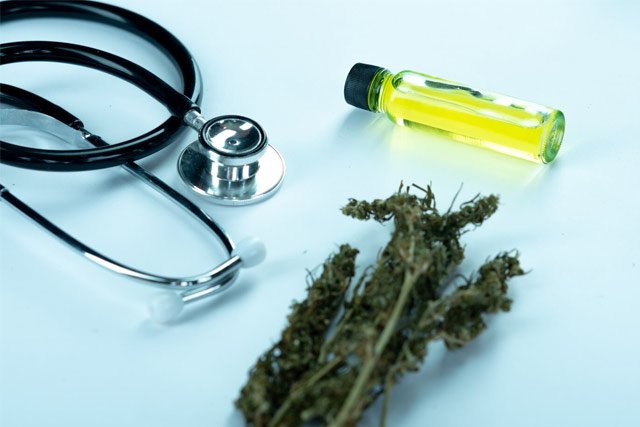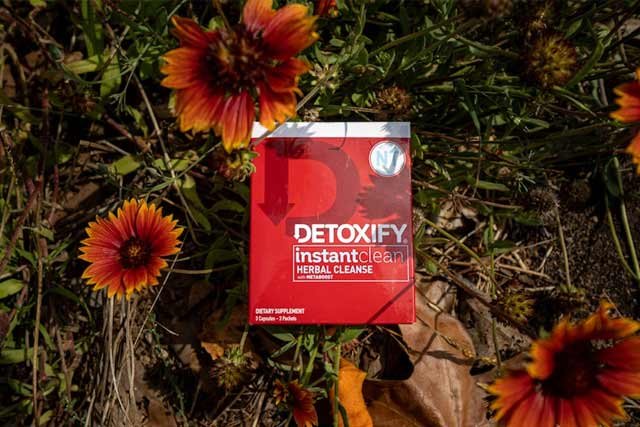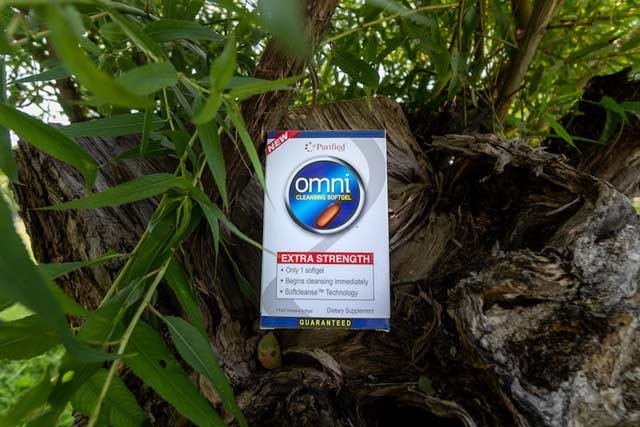In a world filled with health trends and detox fads, the process of detoxing from substances like weed requires a nuanced and informed approach. As marijuana becomes increasingly popular, understanding how to safely and effectively detox from it is crucial. This guide combines expert insights, lifestyle changes, and the science behind marijuana detox to provide a comprehensive overview.
Understanding Marijuana Detox
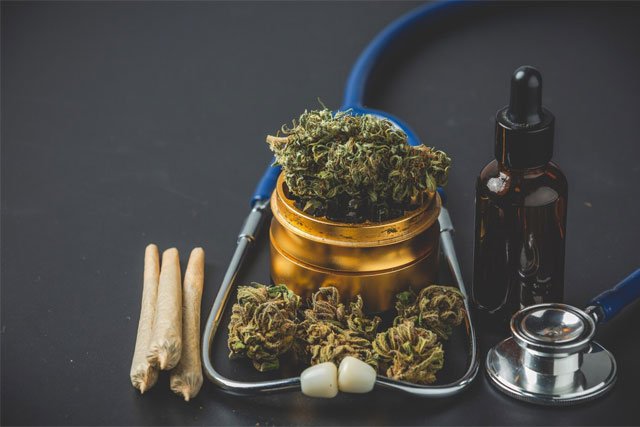
Marijuana, often seen as a harmless substance, can lead to addiction and necessitate a detoxification process. THC, the active compound in marijuana, tends to accumulate in fatty tissues, making the detox process essential for those looking to quit or face legal implications. While marijuana withdrawal is generally less severe than other substances, it can bring about mood swings, cravings, sleep difficulties, and more, especially for long-term users.
Concept 1: Can You Detox from Marijuana by Yourself?
While marijuana detox is usually less complicated than detoxing from substances like alcohol or opioids, it’s essential to be aware of potential symptoms such as mood swings, cravings, and sleep disturbances. The severity and duration of withdrawal symptoms vary, and attempting to detox alone may lead to a more challenging experience. Withdrawal symptoms can last up to two weeks, with psychological effects lingering even longer. Seeking support from trusted individuals can significantly improve comfort and adherence to detox goals.
Concept 2: Tips to Detox from Weed
Embarking on the journey to quit marijuana involves adopting a healthier lifestyle. Here are some practical tips for easing the detox process:
- Hydrate: Drink plenty of water to aid the body in flushing out toxins. Foods with high water content, like lettuce and melons, can also contribute to hydration.
- Balanced Diet: Opt for a balanced and nutritious diet, steering clear of processed foods. Mood-boosting foods help the body adjust to the absence of marijuana.
- Regular Exercise: Engage in daily exercise to regulate mood and energy levels. Physical activity can also contribute to better sleep quality.
- Find Hobbies: Combat boredom during detox by adopting healthy hobbies like yoga or journaling. Keeping the mind occupied helps manage withdrawal symptoms.
- Seek Support: Instead of attempting to detox alone, reach out to a trusted friend or family member for support. Having encouragement can make a significant difference in achieving detox goals.
Understanding Weed and Its Effects
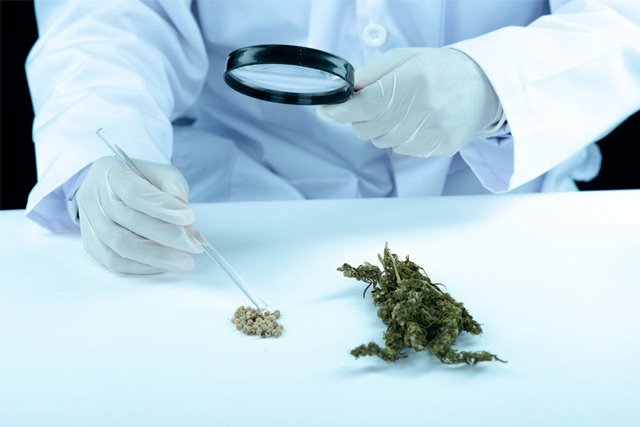
Weed, also known as marijuana or cannabis, is a commonly used illegal drug. Despite the rising popularity of cannabidiol (CBD), marijuana remains a psychoactive substance with the potential for addiction. THC, the psychoactive compound in marijuana, can lead to marijuana addiction, necessitating professional treatment and detox.
Concept1: What Is Weed?
Weed, also known as marijuana or cannabis, is a psychoactive drug derived from the cannabis plant. Tetrahydrocannabinol (THC) is the compound responsible for its psychoactive effects. Despite changing laws around recreational use, marijuana remains illegal in many places due to its potential for abuse.
Concept 2: Effects of Using Weed
The effects of marijuana vary based on factors such as mood, environment, dosage, and individual tolerance levels. Common short-term effects include happiness, euphoria, relaxation, increased appetite, and, in some cases, anxiety or paranoia. Long-term use can lead to mental disorders, including schizophrenia and psychosis, especially when initiated at a young age.
Concept 3: Dangers of Drug Abuse
Regular and heavy marijuana use can lead to substance abuse disorders, impacting various aspects of life, including personal hygiene, relationships, work, and mental health. Marijuana addiction, known as cannabis use disorder (CUD), can result in impaired judgment and risky behavior. Recognizing the signs of substance abuse and seeking professional help is crucial for effective treatment.
Concept 4: How Long Does Marijuana Stay in Your System?
Marijuana can remain detectable in drug tests for varying lengths of time depending on the type of test and individual factors. Chronic or heavy users may test positive for one to two months after use. Understanding the duration of marijuana detection is essential, especially for those undergoing drug testing.
Concept 5: How Long Does Weed Detox Take?
Marijuana detox duration varies, with a general timeline as follows:
- Withdrawal symptoms appear around one week after the last use.
- Symptoms peak around day ten, with the possibility of lingering psychological symptoms for up to four weeks.
- Heavy or chronic users may require an extended detox period.
The withdrawal symptoms during marijuana detox include decreased appetite, abdominal pain, sleep problems, cravings, mood swings, and irritability. To ensure safety and effectiveness, a medical detox program is recommended, especially for chronic users.
Life in Recovery

After completing a detox program, individuals can transition to inpatient or outpatient treatment to address the psychological aspects of addiction. Dual-diagnosis treatment is essential for those with co-occurring mental health disorders. Managing triggers, engaging in therapy, and participating in support groups contribute to successful long-term recovery.
Detoxing from Marijuana: A Holistic Approach

Detox, in a broader sense, cleanses the body from harmful toxins while building healthy habits. The benefits of detox include improved digestion, increased energy levels, clearer skin, and stress reduction. Whether through fasting, altered diets, or additional supplements, detox allows the body to rebuild and promote long-term well-being.
Core Concept
Detoxing from marijuana involves abstaining from weed and positively influencing the body to accelerate the clearance of THC and its metabolites. Natural methods like drinking water, exercising, and consuming high-fiber foods are often safer and more effective than medications. Cannabis-specific supplements designed to boost metabolism and restore hormonal balance can also support the detox process.
Time Required
A weed detox typically spans seven to 30 days and is influenced by usage patterns, duration, and individual metabolism. Resources such as exercise, nutrition, journaling, and therapy can ease the detox process. Professional advice from a doctor ensures a tailored approach based on individual needs.
Symptoms
Detoxing from marijuana brings physical and mental side effects, including irritability, fatigue, sleep disturbances, and cravings. Increased appetite, particularly for sweets, is common, presenting a challenge in managing weight. Headaches, depression, and irritability are also reported withdrawal symptoms.
Dealing With Symptoms
Dealing with withdrawal symptoms requires a gradual and steady approach. Lifestyle changes, including healthy eating, hydration, rest, and exercise, limit the severity of symptoms. Seeking professional help, understanding symptoms, and making a personalized plan are crucial steps in managing marijuana withdrawal.
Tips for Staying Sober
Staying sober during detox involves several key strategies:
- Hydration: Drink plenty of water to flush out toxins.
- Healthy Eating: Consume nutritious foods, avoiding processed items.
- Adequate Rest: Ensure at least eight hours of sleep per night.
- Exercise: Incorporate at least 30 minutes of exercise daily for mood improvement.
- Avoid Triggers: Identify and steer clear of people, places, or things that trigger cravings.
Making the Process Easier on Yourself

Gradually reducing unhealthy food and drink consumption, staying hydrated, and incorporating light physical activity contribute to a smoother detox process. Setting realistic goals and focusing on incremental progress rather than expecting drastic changes overnight is essential for long-term success.
Conclusion
to detox from weed requires a holistic and informed approach. Recognizing the potential challenges, seeking support, and adopting a healthy lifestyle are key factors in achieving successful detox and long-term recovery. By understanding the effects of marijuana, implementing lifestyle changes, and embracing a positive mindset, individuals can navigate the path to a cleaner and healthier lifestyle.

